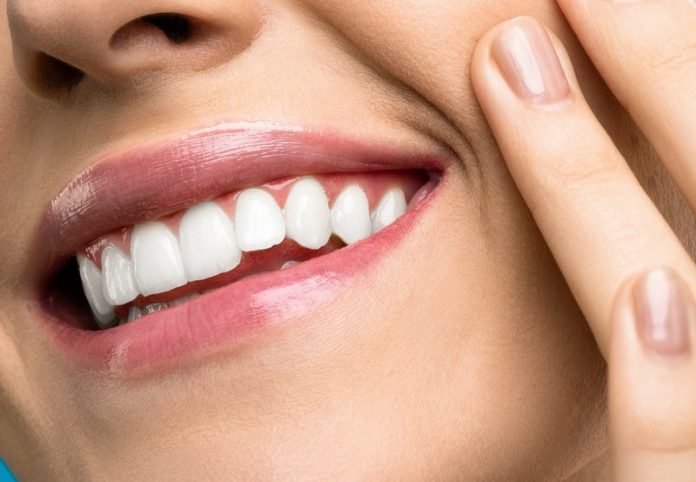
In a new study from the University of Washington, researchers identified and classified how different people respond to the accumulation of dental plaque, the sticky biofilm that gathers on teeth.
Their work sheds important new light on why some people may be more prone to serious conditions that lead to tooth loss and other problems.
Left unchecked, plaque buildup can induce gingivitis, or gum inflammation. Gingivitis, in turn, can lead to periodontitis, a serious gum infection that damages the soft tissue and can destroy the bone that supports teeth.
Not only can this result in tooth loss, but chronic inflammation can also spur other serious health consequences, including heart disease, diabetes, cancer, arthritis, and bowel diseases.
The researchers also found a previously unidentified range of inflammatory responses to bacterial accumulation in the mouth.
When bacteria build up on tooth surfaces, it generates inflammation, a tool the body uses to tamp down the buildup.
Previously, there were two known major oral inflammation phenotypes, or individual traits: a high or strong clinical response and a low clinical response.
The team identified a third phenotype, which they called “slow”: a delayed strong inflammatory response in the wake of the bacterial buildup.
The study revealed for the first time that people with low clinical responses also showed a low inflammatory response for a wide variety of inflammation signals.
They found a particular group of people that have slower development of plaque as well as a distinct microbial community makeup prior to the start of the study.
The team says that understanding the variations in gum inflammation could help better identify people at elevated risk of periodontitis.
In addition, it is possible that this variation in the inflammatory response among the human population may be related to susceptibility to other chronic bacterial-associated inflammatory conditions such as inflammatory bowel disease.
In addition, the researchers found a novel protective response by the body, triggered by plaque accumulation, that can save tissue and bone during inflammation.
This mechanism, which was apparent among all three phenotypes, utilizes white blood cells known as neutrophils.
In the mouth, they act something like cops on the beat, patrolling and regulating the bacterial population to maintain a stable condition known as healthy homeostasis.
In this instance, plaque is not a villain. To the contrary, the researchers said that the proper amount and makeup of plaque support normal tissue function.
Studies in mice have also shown that plaque also provides a pathway for neutrophils to migrate from the bloodstream through the gum tissue and into the crevice between the teeth and gums.
When healthy homeostasis exists and everything is working right, the neutrophils promote colonization resistance, a low-level protective inflammatory response that helps the mouth fend off an excess of unhealthy bacteria and resist infection.
At the same time, the neutrophils help ensure the proper microbial composition for normal periodontal bone and tissue function.
The researchers’ findings underscore why dentists preach the virtues of regular brushing and flossing, which prevent too much plaque buildup.
If you care about tooth health, please read studies about this toothpaste may help prevent heart attack, stroke by detecting plaque and findings of this mouthwash may increase your risk of tooth damage.
For more information about tooth health, please see recent studies about this type of pickle can help prevent tooth cavities and results showing that stopping tooth decay before it starts—without killing bacteria.
The study is published in the Proceedings of the National Academy of Sciences. One author of the study is Dr. Richard Darveau.
Copyright © 2021 Knowridge Science Report. All rights reserved.



